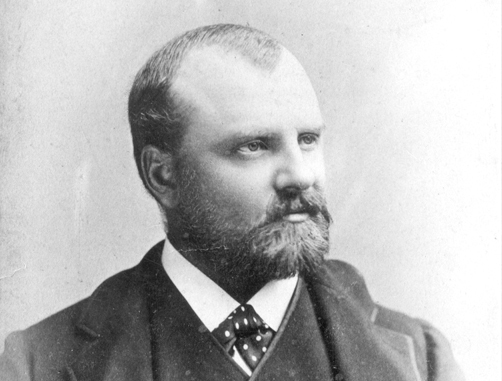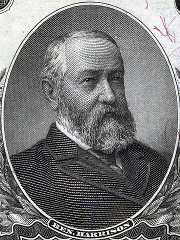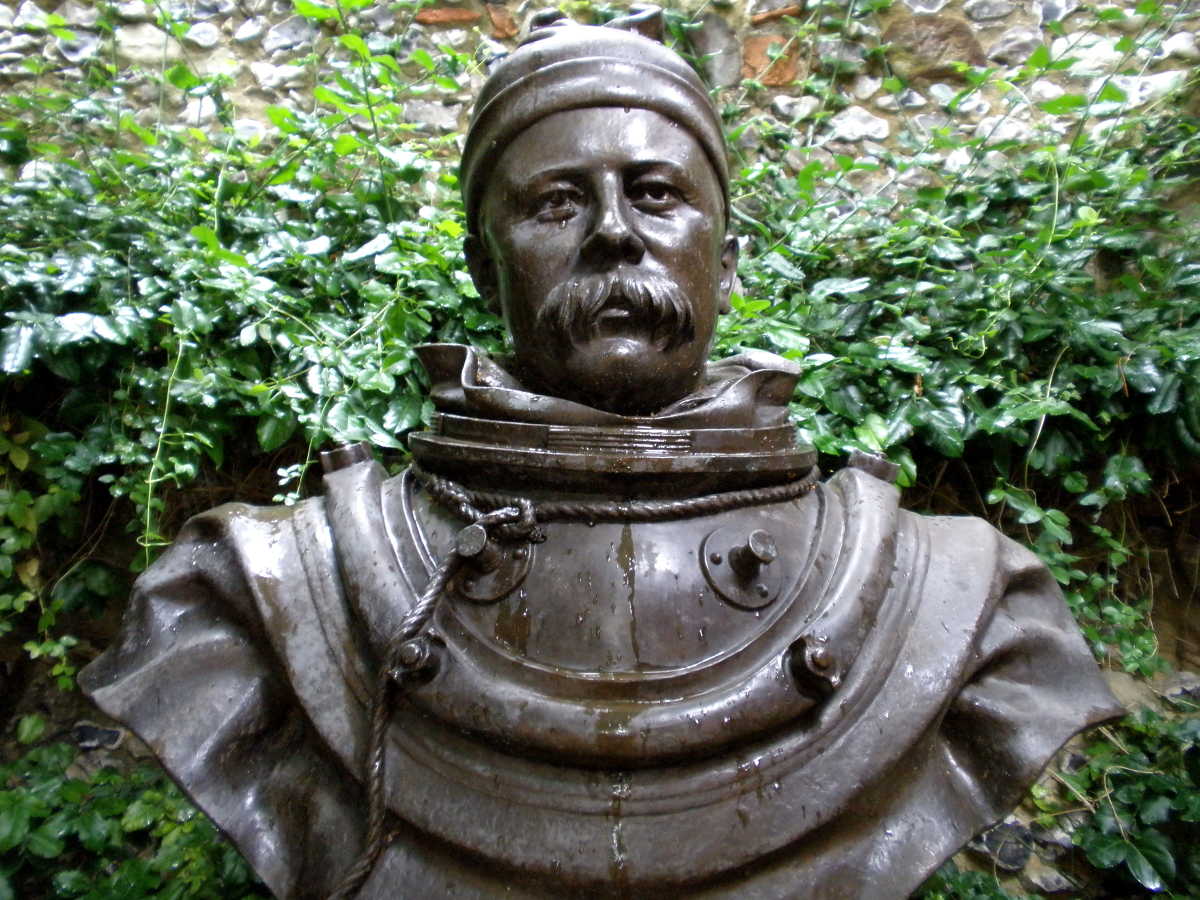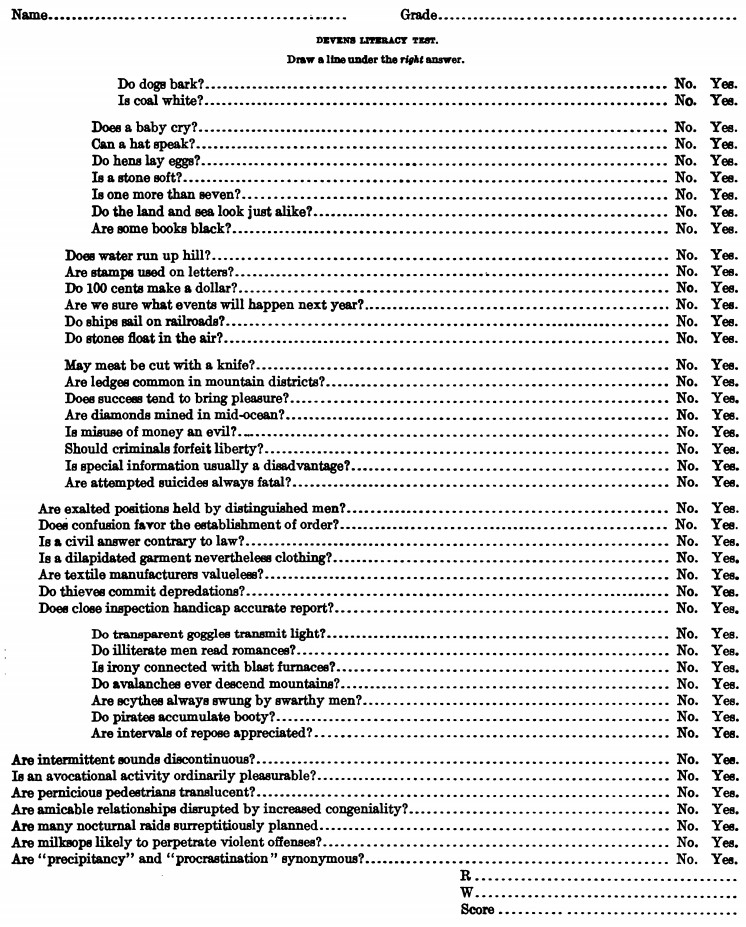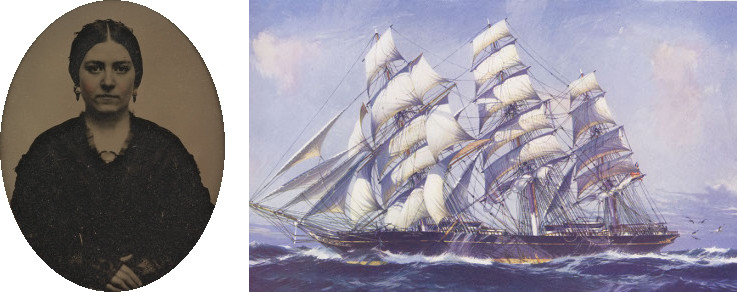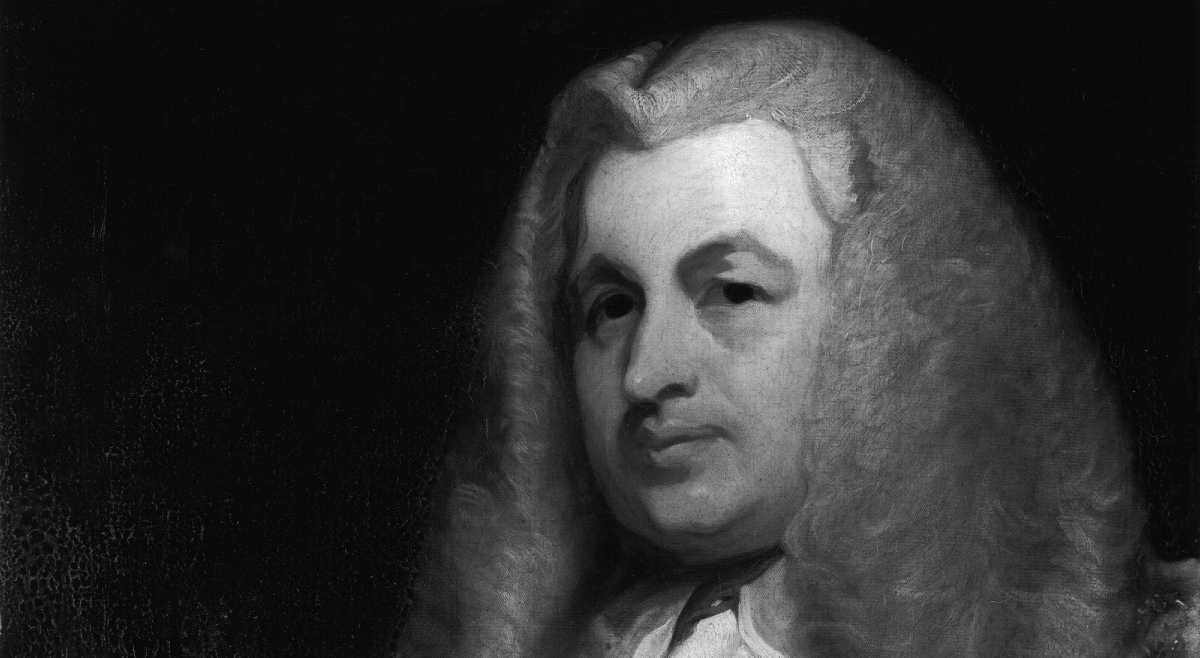Every night at 9 p.m. a horn is blown at the four corners of the market obelisk in Ripon, North Yorkshire. The tradition dates back to 886, when Alfred the Great granted a charter to the settlement and offered them a symbolic horn. At the king’s advice the townspeople appointed a wakeman to patrol the settlement throughout the night; he would sound the horn at the four corners of the market to inform the people that the watch was set and he was now on patrol.
In 1604 James I granted the city a second charter, and the hornblower was now appointed by the democratically elected mayor, who gave him an extra duty: After setting the watch at the market cross he must find the mayor, wherever he may be in the city, sound the horn three times before him, raise his hat, bow his head, and tell him, “Mr. Mayor, the watch is set.” That tradition is still carried out today.

